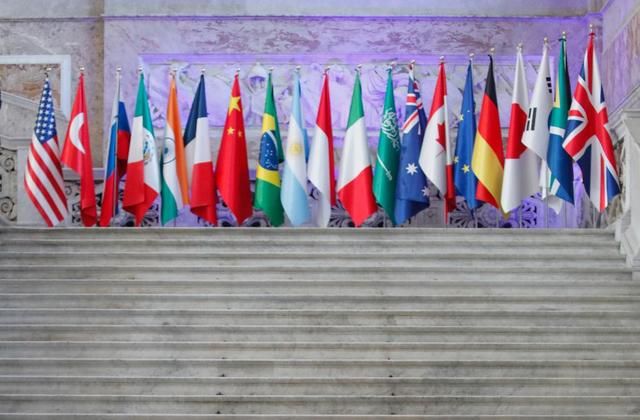The Minister for Environment, Forest, and Climate Change, Mr. Bhupender Yadav said India is committed to working with the G20 countries for a better world leaving no one behind, and stands together in solidarity with the global community in mounting a strong and effective response that secures the health of the planet and its people.
Leading the Indian delegation at the G20 Environment Ministerial, Mr. Yadav said underscored the need for a collective global action to tide over the ongoing Covid-19 crisis, and that the developing countries need every possible support more than ever before. The G20 meeting held in Naples, Italy was attended virtually by the minister.
On ‘Nature-Based Solutions’ (NBS) and Sustainable Finance, the Minister said that the contexts and perspectives should be guided by the stage of economic development, national circumstances, and priorities, and must not come at the cost of developing countries’ competitiveness, equity and development. For tackling marine litter, he emphasized that India has been taking voluntary regulatory measures on plastic waste management, and also recalled that in the 4th United Nations Environment Assembly (UNEA) in 2019, India had separately piloted a resolution on “Addressing single-use plastic products pollution”.
The Minister also mentioned the initiatives taken by India on Resource Efficiency (RE) & Circular Economy (CE), and that the G20 resource efficiency dialogue should also strengthen the exchange of ideas, knowledge, and best practices on RE & CE and support the transition to sustainable and equitable resource use for a better future. India welcomed global initiatives like UNESCO’s International Environmental Experts Network; protecting at least 30 percent of global land area and oceans by 2030; Land Degradation Neutrality by 2030; Third Report on the G20 implementation framework for actions on a marine plastic litter; etc.
India also welcomed the G20 Dialogue on Water but reiterated taking into account national circumstances and priorities, and underlined the need for an effective and implementable post-2020 biodiversity framework.





























